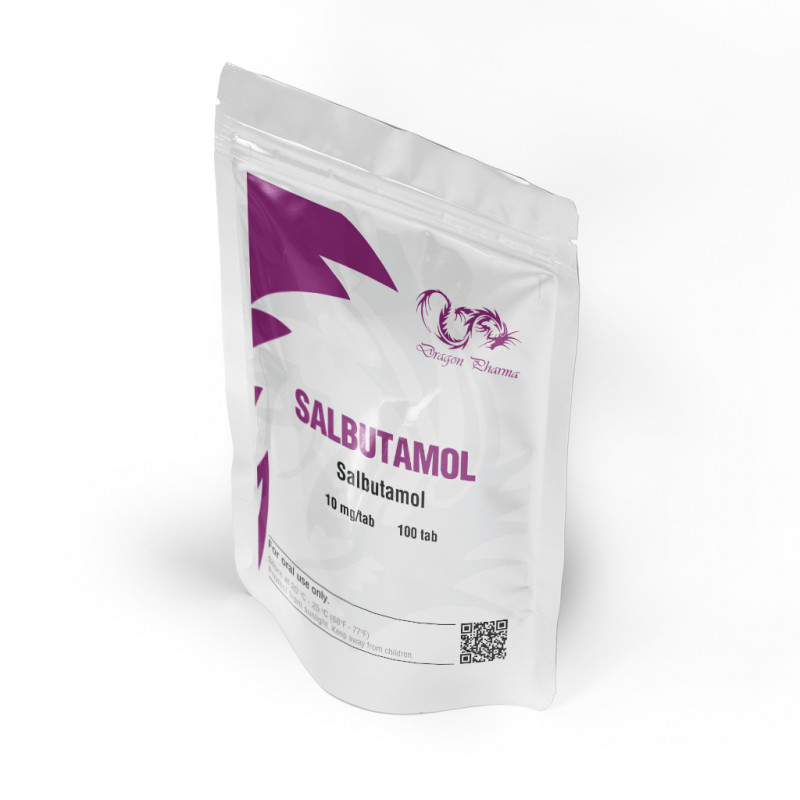Description
Salbutamol, also known as albuterol, is a medication commonly used to treat respiratory conditions such as asthma, chronic obstructive pulmonary disease (COPD), and bronchitis. It works by relaxing the muscles in the airways, making it easier to breathe.
The primary effect of salbutamol is its ability to dilate the bronchioles, which are the small airways in the lungs. This means that air can flow more freely into and out of the lungs, improving the overall efficiency of the respiratory system. This can be especially helpful for individuals with asthma or COPD, who often experience difficulty breathing due to constricted airways.
Salbutamol is typically administered through an inhaler or nebulizer, allowing it to be delivered directly to the lungs. This method of delivery is particularly effective because it allows the medication to act quickly and target the specific area of the body where it is needed.
In addition to its bronchodilatory effects, salbutamol also has some other important therapeutic properties. It can help to reduce inflammation in the airways, which can be a contributing factor in conditions such as asthma. Salbutamol can also help to decrease mucus production, making it easier to clear the airways and breathe more comfortably.
One potential side effect of salbutamol is an increased heart rate. This occurs because the medication can also have an effect on the cardiovascular system, causing the heart to beat faster. However, this effect is usually temporary and mild, and most people are able to tolerate it without significant discomfort.
Overall, salbutamol is a highly effective medication for treating respiratory conditions such as asthma and COPD. Its ability to dilate the airways and reduce inflammation can provide significant relief for individuals experiencing breathing difficulties. Additionally, its rapid onset of action and targeted delivery make it a valuable tool in managing respiratory symptoms.
It is important to note, however, that salbutamol is not a cure for respiratory conditions. It is a symptom-relieving medication that can help to manage symptoms and improve quality of life, but it cannot address the underlying cause of the condition. For this reason, it is important to work closely with a healthcare provider to develop a comprehensive treatment plan that addresses all aspects of the condition.
In conclusion, salbutamol is a highly effective medication for treating respiratory conditions such as asthma and COPD. Its primary effect is its ability to dilate the bronchioles, improving airflow and making it easier to breathe. In addition, it can help to reduce inflammation and mucus production, further improving respiratory function. While it is not a cure for these conditions, it is an important tool in managing symptoms and improving quality of life for those affected.








